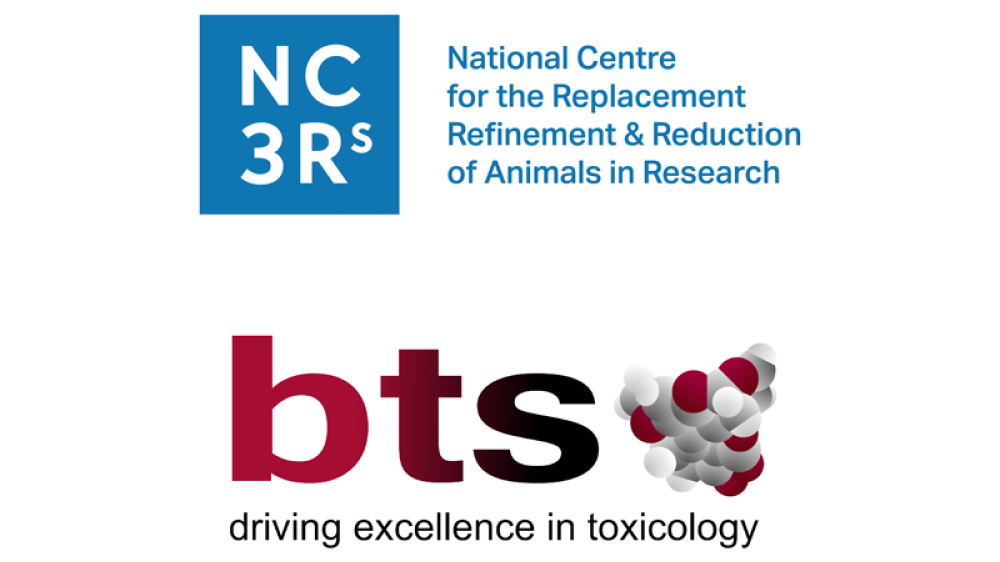Vision for a modern science-based approach to UK chemicals regulation

Working with the British Toxicology Society we have identified actions to optimise opportunities presented from exiting the EU to develop a world-leading regulatory framework that firmly embeds the 3Rs in chemical safety testing.
Companies that produce chemicals are required by law to ensure that their products are safe for humans and the environment. The regulations governing this in the European Union (e.g. Registration, Evaluation, Authorisation and Restriction of Chemicals, aka REACH) were directly transposed into UK law upon EU-Exit. Working with a group of experts from industry and academia we have developed a paper to set out the investment and commitment required to improve domestic chemical safety regulation and enable the use of the latest technological and scientific developments. Embracing a more flexible, modernised and sustainable approach to UK chemicals regulation will create significant scientific, business and societal benefits, by reducing the reliance on animal-based testing methods to protect human health and the environment.
There are clear opportunities to harness the strength of the UK science and technology sectors to place it as a world leader with innovative chemicals regulation grounded in the latest technologies. This will require buy-in from multiple-stakeholders alongside investment and commitment from government to develop a framework that provides the highest level of human and environmental health protection.
“Recent advances present us now with tremendous opportunities to simultaneously improve the quality and relevance of safety assessments and reduce reliance upon animal methods. It important that those opportunities are realised fully.”
Professor Ian Kimber, University of Manchester
“Chemical innovation in many industry sectors will continue to bring significant societal benefits; a regulatory framework built on modern, risk-based safety assessment will help to bring new, safe and effective products to the market.”
Dr Phil Botham, Syngenta
There are four key areas where progress is needed:
- A shared aspiration and desire to modernise the chemicals regulation framework to ensure the highest protection of human health, safeguard the environment and stimulate the economy.
- A long-term financial commitment by government combined with clear and decisive leadership and ambition.
- A coordinated approach to deliver a new regulatory framework that facilitates cooperation between regulatory agencies and provides the necessary training and career structure that encourages the recruitment and retention of strong scientific talent.
- Harmonisation of approaches worldwide to promote a more modern approach to chemicals regulation that fosters international cooperation and trade, where the UK takes centre stage.
This work follows on from a workshop we held with Unilever last year which brought together over 50 scientists from government departments responsible for implementing UK chemical safety policy, alongside representatives from industry and UK-based academic scientists. The workshop was the first step in building a consensus vision across the UK science base on the future direction of domestic chemicals regulation. The results of these detailed discussions are summarised in the workshop report.
“Last year’s workshop clearly showed the enthusiasm of regulatory, industry and academic toxicologists in the UK for maximising the use of advanced safety science approaches to improve how we assure the safety of chemicals for consumers, workers and the environment. Continued input from all stakeholders is critical if we are to harness modern animal-free science and our collective expertise in evolving the UK’s regulations on chemical safety.”
Dr Carl Westmoreland, Unilever
“Industry collaboration with academic institutions and researchers will provide the support needed to meet the vision of a “Modern Science-Based Approach to UK Chemicals Regulations”. Given the importance of this initiative it will attract, and allow, key researchers to focus on this scientific area toward a common goal which is to support a regulatory framework built on modern, risk-based safety assessment. Academic Institutions can support the latest science and technologies within the chemical regulations framework with the primary aim to continue to improve the scientific quality and relevance of chemical safety assessment to protect human health and the environment.”
Professor Shirley Price, University of Surrey
- Read the paper: Vision for a Modern Science-Based Approach to UK Chemicals Regulations.
- Read the Workshop report: Opportunities for the UK to develop world-leading chemicals regulation.
- Find out more about the work of the British Toxicology Society.
